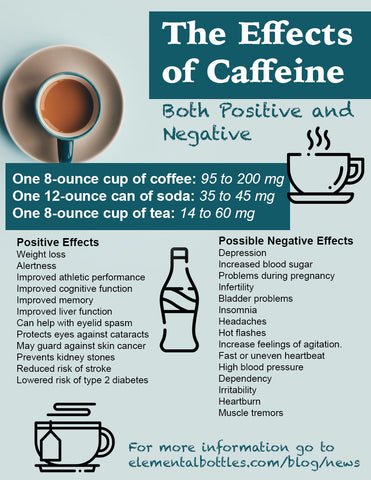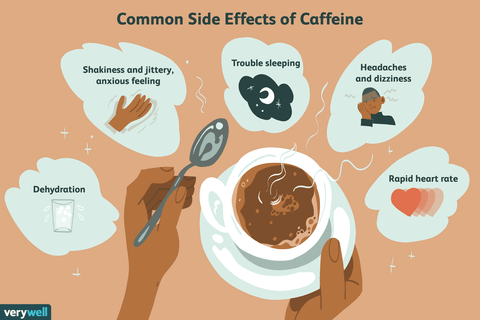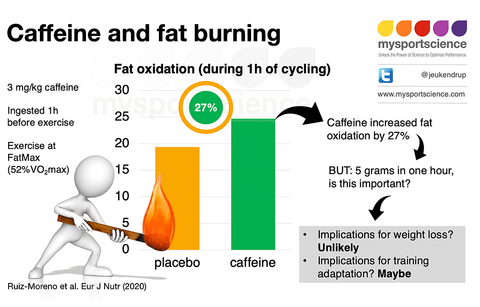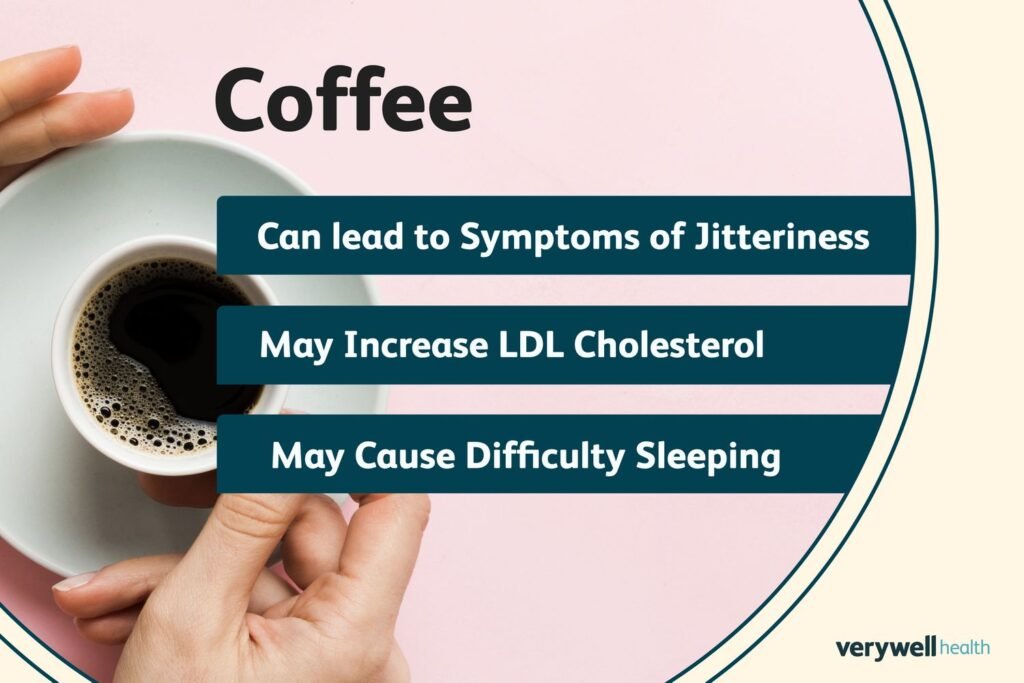Have you ever wondered about the less talked about side of your beloved cup of coffee? Known for its energizing properties and delicious aroma, coffee is a staple in many people’s daily routines. However, it also carries some drawbacks that you might not be aware of. In this article, we will explore the negative impacts of coffee, focusing on various aspects like health, mental well-being, and even environmental concerns. Let’s learn more about these less glamorous sides of coffee, so you can make informed decisions about your consumption.

Health Impacts
When it comes to your health, coffee can have multiple adverse effects. While it might serve as a quick energy booster, its regular consumption might lead to certain long-term health issues.
Cardiovascular Health
Caffeine, the main stimulant in coffee, can have significant effects on your cardiovascular health. It increases your heart rate and blood pressure, which poses risks, especially for individuals with preexisting heart conditions.
| Effect | Description |
|---|---|
| Increased Heart Rate | Elevated heart rate can strain your heart over time, increasing the risk of heart disease. |
| Raised Blood Pressure | Consuming coffee can temporarily raise your blood pressure, which might become problematic if you already have hypertension. |
Sleep Disruptions
One of the most notorious effects of coffee is its impact on sleep. Consuming caffeine late in the day can interfere with your natural sleep cycle, leading to insomnia or poor sleep quality.
Digestive Issues
Drinking coffee on an empty stomach is a common habit, but it can lead to various digestive problems. Here are some of the common issues:
-
Acid Reflux and Heartburn: Coffee can increase stomach acidity, which could exacerbate symptoms of acid reflux.
-
Gastrointestinal Distress: Overconsumption can lead to stomach cramps, bloating, and even diarrhea.
Mental Health Effects
While coffee is known for its ability to improve focus and alertness, it can also have some negative impacts on your mental health.
Anxiety and Stress
Caffeine stimulates your central nervous system, which can lead to increased levels of stress and anxiety. Constantly feeling jittery or on edge is a common side effect experienced by many coffee drinkers.
Dependence and Withdrawal
Over time, you might find yourself needing more coffee to get the same level of alertness, leading to caffeine dependence. Withdrawal symptoms can include headaches, irritability, and fatigue, making it difficult to quit or reduce your intake.
| Symptom | Description |
|---|---|
| Headaches | Common withdrawal symptom making it hard to quit caffeine. |
| Irritability | Mood swings and irritability can occur when you’re dependent on caffeine. |
| Fatigue | Lack of caffeine might make you feel unusually tired. |
Nutrient Absorption
Coffee can interfere with your body’s ability to absorb certain essential nutrients. Here are some effects on nutrient absorption:
Iron Absorption
Drinking coffee can inhibit the absorption of iron from plant-based foods. This can be particularly concerning if you follow a vegetarian or vegan diet, as it may lead to iron deficiency.
Calcium Loss
Regular coffee intake can increase calcium excretion in your urine, potentially affecting your bone health over the long term. This can be particularly concerning for post-menopausal women who are already at risk for osteoporosis.
Effects on Hydration
Contrary to popular belief, coffee is not a sufficient source of hydration. Caffeine has diuretic properties, which means it can lead to increased urination and potentially cause dehydration.
Signs of Dehydration
| Sign | Description |
|---|---|
| Dark Urine | An indication that you are not hydrated enough. |
| Dry Skin | Dehydration can make your skin less elastic and dry. |
| Fatigue | Lack of proper hydration can lead to feelings of fatigue. |

Impact on Dental Health
Coffee can also have detrimental effects on your dental health, ranging from discoloration to increased risks of cavities.
Staining
One of the most visible impacts of coffee is the staining it leaves on your teeth. The dark pigments in coffee can adhere to your enamel, leading to yellow or brownish teeth over time.
Tooth Decay
The acidity in coffee can weaken your enamel, making it easier for cavities to form. Adding sugar to your coffee can exacerbate this problem, increasing the risk of tooth decay.
Impact on Pregnancy
Pregnant women need to exercise caution when it comes to caffeine consumption, including coffee.
Risk of Miscarriage
High caffeine intake has been linked to an increased risk of miscarriage. Experts generally recommend limiting caffeine consumption to lower this risk.
Low Birth Weight
Consuming excessive amounts of caffeine during pregnancy can also lead to complications such as low birth weight. It’s usually advised to keep caffeine intake under 200 mg per day during pregnancy.

Environmental Impact
Beyond personal health, coffee production and consumption have broader implications for the environment.
Deforestation
Coffee plantations contribute to deforestation in tropical areas. This not only destroys natural habitats but also contributes to climate change.
Water Usage
Producing coffee is a water-intensive process. From cultivating the coffee plant to processing the beans, a considerable amount of water is used, putting stress on local water resources.
Soil Degradation
| Issue | Description |
|---|---|
| Soil Erosion | Coffee plant monoculture can lead to soil erosion. |
| Nutrient Depletion | Intensive farming depletes the nutrient content of the soil. |
Economic Impact
While the coffee industry provides livelihoods for millions, it’s also fraught with economic challenges.
Fair Trade Issues
Many coffee farmers do not receive fair compensation for their products. This can perpetuate cycles of poverty and limit economic development in coffee-producing regions.
Market Fluctuations
The global coffee market is highly volatile. Price fluctuations can have severe impacts on farmers’ incomes and well-being.

Social Issues
The coffee industry is also associated with various social issues that affect communities involved in coffee production.
Labor Conditions
Workers on coffee plantations often face poor working conditions, low wages, and limited rights. Addressing these issues is essential for creating a more equitable industry.
Child Labor
Unfortunately, child labor is still prevalent in some coffee-producing areas. Addressing this issue requires vigorous enforcement of labor laws and better economic opportunities for families.
Alternatives to Coffee
If you’re concerned about the negative impacts of coffee but still need a pick-me-up, there are several alternatives you can consider.
Herbal Teas
Herbal teas like chamomile or peppermint can offer various health benefits without the caffeine content found in coffee.
Green Tea
Green tea contains less caffeine than coffee and includes beneficial antioxidants and nutrients that promote overall health.
Decaffeinated Coffee
If you find it hard to give up the taste of coffee, decaffeinated versions can be a mild alternative. They contain minimal caffeine but deliver the same flavor profile.

Conclusion
Understanding the negative impacts of coffee can help you make more informed decisions about your consumption. While it’s a beloved beverage for many, being aware of its various drawbacks, from health issues to environmental concerns, allows you to weigh the pros and cons more effectively. Moderation and mindful consumption can help you enjoy your coffee without the associated downsides.
